Is Thailand a Good Place for Rhinoplasty?
"Yes, Thailand is an excellent and popular destination for rhinoplasty, offering a blend of world-class medical standards, experienced surgeons, and significantly lower costs compared to Western countries."
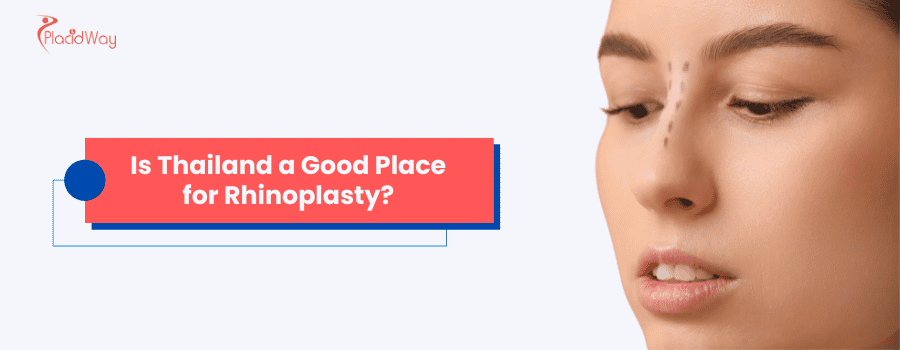
Thailand has firmly established itself as a top-tier destination for medical tourism, and rhinoplasty in Thailand stands out as one of the most sought-after procedures. For individuals looking to enhance their facial harmony, a nose job in Thailand offers a compelling combination of quality, affordability, and the unique opportunity to recover in a serene, beautiful environment. The country's leading hospitals are staffed by highly qualified, often internationally trained, plastic surgeons who utilize the latest techniques and technology. This, coupled with stringent safety protocols and a patient-centric approach, ensures that you are in capable hands. Whether you're seeking a subtle refinement or a more significant change, Thailand provides a reliable and cost-effective solution.
Why is Thailand a Popular Choice for Rhinoplasty?
"Thailand's popularity for rhinoplasty stems from its unique combination of three key factors: affordable prices that are a fraction of the cost in Western countries, the high skill level of its board-certified plastic surgeons, and the presence of modern, internationally accredited hospitals."
The surge in cosmetic surgery in Thailand is no accident. The country has invested heavily in its medical infrastructure, creating a seamless experience for international patients. Many surgeons have trained in the US, UK, or Australia, bringing back world-class expertise and a deep understanding of diverse patient needs, including various ethnic rhinoplasty techniques.
Furthermore, the value proposition is undeniable. Patients can save anywhere from 40% to 70% on their procedure without compromising on the quality of care. This significant cost saving allows many to afford a procedure they might not be able to in their home country. The added appeal of recovering in a vacation-like setting, with renowned Thai hospitality, makes the entire journey less of a medical procedure and more of a transformative experience.
How Much Does a Nose Job Cost in Thailand?
"The cost of rhinoplasty in Thailand typically ranges from $1,000 to $5,500 USD. A standard procedure might start around $1,100, while more complex open or revision rhinoplasties can be higher."
The price of a nose job in Thailand is considerably lower than in countries like the United States or Australia, where the same procedure can cost between $10,000 and $25,000. The final cost in Thailand depends on several factors, including the complexity of the surgery (e.g., tip plasty, hump reduction, or a full reconstruction), the surgeon's experience, the hospital's reputation, and the city where the procedure is performed.
Here’s a general cost comparison:
|
Procedure Type |
Average Cost in Thailand (USD) |
Average Cost in the USA (USD) |
|---|---|---|
|
Standard Rhinoplasty |
$1,100 - $2,500 |
$6,000 - $15,000 |
|
Tip Rhinoplasty |
$1,000 - $1,500 |
$7,000+ |
|
Open Rhinoplasty |
$4,900 - $5,600 |
$9,000+ |
|
Revision Rhinoplasty |
$5,500+ |
$10,000 - $20,000+ |
These prices often include the surgeon's fees, anesthesia, operating room charges, and initial post-operative care, offering exceptional value.
Is It Safe to Get Rhinoplasty in Thailand?
"Yes, getting a rhinoplasty in Thailand is overwhelmingly safe, provided you choose a reputable, internationally accredited hospital and a board-certified plastic surgeon. Top Thai hospitals adhere to the same high standards of safety and hygiene as leading medical centers worldwide."
Safety is a primary concern for anyone considering surgery abroad, and Thailand's top medical facilities take this very seriously. Many hospitals, such as those in the Bumrungrad International and Samitivej Hospital groups, are JCI (Joint Commission International) accredited. This is the gold standard in global health care, signifying a commitment to patient safety and quality.
These hospitals are equipped with state-of-the-art technology and follow strict infection control protocols. Surgeons are highly regulated and must be certified by the Thai Medical Council. By doing thorough research and selecting a premier facility, you can be confident that your rhinoplasty in Thailand will be performed in a safe and sterile environment.
How Do I Find the Best Rhinoplasty Surgeon in Thailand?
"To find the best rhinoplasty surgeon in Thailand, focus on their qualifications, experience, and specialization. Look for surgeons who are board-certified in plastic surgery, have extensive experience with rhinoplasty, and can show you a portfolio of their previous work."
Choosing the right surgeon is the most critical step in your journey. Start by researching surgeons at JCI-accredited hospitals. A top surgeon will have a robust educational background and often international training and fellowships. During your research, look for before-and-after photos of patients who had similar nasal structures and desired outcomes to your own.
Patient reviews and testimonials are also invaluable. Reading about the experiences of others can provide insight into a surgeon's communication style, bedside manner, and the quality of their results. Don't hesitate to schedule virtual consultations with a few shortlisted surgeons to discuss your goals and ask specific questions about their approach.
What Are the Qualifications of Thai Plastic Surgeons?
"Thai plastic surgeons undergo rigorous training and must be certified by the Thai Medical Council. Many of the top surgeons have also pursued further specialized training and fellowships in Western countries, making them members of international plastic surgery societies."
The path to becoming a certified plastic surgeon in Thailand is long and demanding. It involves completing medical school, followed by years of general surgery training, and then a specialized residency in plastic and reconstructive surgery. This ensures a high level of surgical skill and anatomical knowledge.
Many of the surgeons who cater to international patients have also sought out additional training in cosmetic hotspots like the United States, South Korea, or Germany. This global experience equips them with the latest techniques and an aesthetic eye that can cater to a diverse international clientele, from Caucasian to Asian rhinoplasty and beyond.
What is the Recovery Process for Rhinoplasty in Thailand?
"Recovery from rhinoplasty in Thailand involves an initial period of about one week where you will have a splint and some bruising/swelling. Most patients feel well enough for light activities after a few days, and the most visible swelling subsides within two to three weeks."
Immediately after surgery, your nose will be placed in a splint to protect it and support its new shape. You can expect some puffiness and bruising, particularly around the eyes. This is normal and will peak within the first few days before starting to fade. Your surgeon will provide pain medication to manage any discomfort.
Most patients stay in Thailand for 7 to 10 days post-surgery. This allows for the removal of the splint and initial follow-up appointments to ensure everything is healing correctly. While you can resume most normal routines within a few weeks, strenuous exercise and activities that risk bumping the nose should be avoided for at least four to six weeks. The final, subtle refinement of your nasal shape will continue to develop over several months.
How Long Should I Plan to Stay in Thailand for My Nose Job?
"You should plan to stay in Thailand for a minimum of 7 to 14 days for a rhinoplasty. This timeframe allows for your pre-operative consultation, the surgery itself, and crucial post-operative follow-up appointments, including splint removal."
This two-week period is essential for a safe and smooth recovery. It gives your body time to begin the initial healing process under the watchful eye of your surgical team. It also ensures you are cleared for travel before you head home.
Many patients use the second week for a relaxed 'recover-cation'. After the splint is off and you're feeling up to it, you can enjoy some light sightseeing, spa treatments, and the delicious local cuisine, making the most of your time in this beautiful country.
What's Typically Included in a Rhinoplasty Package?
"Rhinoplasty packages in Thailand are designed for medical tourists and often include the surgeon's fee, anesthesia, all hospital charges for the surgery, pre-operative tests, post-operative medications, and follow-up appointments. Some packages also include airport transfers and hotel accommodation."
These all-inclusive packages are designed to make the process as seamless and stress-free as possible. By bundling the necessary services, they provide transparency in pricing and remove the logistical headaches of planning a trip for cosmetic surgery in Thailand.
When comparing packages, check the details carefully. The best packages will clearly outline what is included, from the initial consultation to your final check-up before flying home. This comprehensive approach is another reason why Thailand is a leader in medical tourism.
Can I Combine Rhinoplasty with a Vacation?
"Absolutely. Many people combine their nose job in Thailand with a vacation, a concept often called a 'medical holiday.' Patients typically have the surgery first and then spend their recovery period enjoying the sights and relaxing in a resort setting."
Thailand is perfectly suited for this. You can spend the first part of your trip undergoing your procedure in a bustling city like Bangkok and then relocate to a tranquil beach resort in Phuket or a peaceful mountain retreat in Chiang Mai for your recovery.
During the initial recovery week, you'll need to rest and take it easy. However, after your surgeon gives you the green light, you can enjoy gentle activities. This combination of top-tier medical care and a world-class holiday destination is a major draw for thousands of patients every year.
What Are the Potential Risks of Rhinoplasty?
"Like any surgery, rhinoplasty carries potential risks such as infection, bleeding, adverse reaction to anesthesia, or dissatisfaction with the aesthetic result. However, choosing a qualified surgeon and an accredited facility in Thailand significantly minimizes these risks."
Your surgeon will discuss these potential complications with you during your consultation. Common, temporary side effects include swelling, bruising, numbness, and some difficulty breathing through the nose for a short period.
Serious complications are rare when the procedure is performed by an experienced professional in a proper medical setting. Following your surgeon's pre- and post-operative instructions carefully is crucial to minimizing risks and ensuring a smooth healing process.
How Do I Prepare for Surgery in Thailand?
"Preparation involves a consultation with your surgeon, stopping certain medications like aspirin that increase bleeding, and refraining from smoking and alcohol for at least two weeks before and after surgery. You'll also need to arrange your travel and accommodation."
Once you've chosen your surgeon, you will have a detailed consultation (often virtually at first) to discuss your medical history and aesthetic goals. It is vital to be open and honest during this stage. Your surgeon will provide a specific list of pre-operative instructions.
This typically includes:
- Avoiding blood-thinning medications and supplements.
- Stopping smoking, as nicotine impairs healing.
- Arranging for a companion to travel with you or for support during your initial recovery.
- Planning for your 7-14 day stay in Thailand.
What Should I Expect During My Consultation?
"During your consultation for a rhinoplasty in Thailand, you can expect a thorough examination of your nasal structure, a discussion of your aesthetic goals, and the creation of a personalized surgical plan. The surgeon may use photo simulations to show you potential results."
This is your opportunity to ask every question you have. The surgeon will assess both the external and internal structures of your nose to determine the best surgical approach. They will explain the procedure in detail, discuss the recovery timeline, and provide a clear breakdown of the cost of the rhinoplasty.
This is a collaborative process. The goal is to ensure that you and your surgeon are aligned on the desired outcome. A good surgeon will listen carefully to your concerns and set realistic expectations for what the surgery can achieve, ensuring you feel comfortable and confident before proceeding.
Ready to explore your options for a flawless rhinoplasty in Thailand? Connect with PlacidWay today to find world-class surgeons and get a personalized, no-obligation quote for your treatment.


.png)
.png)


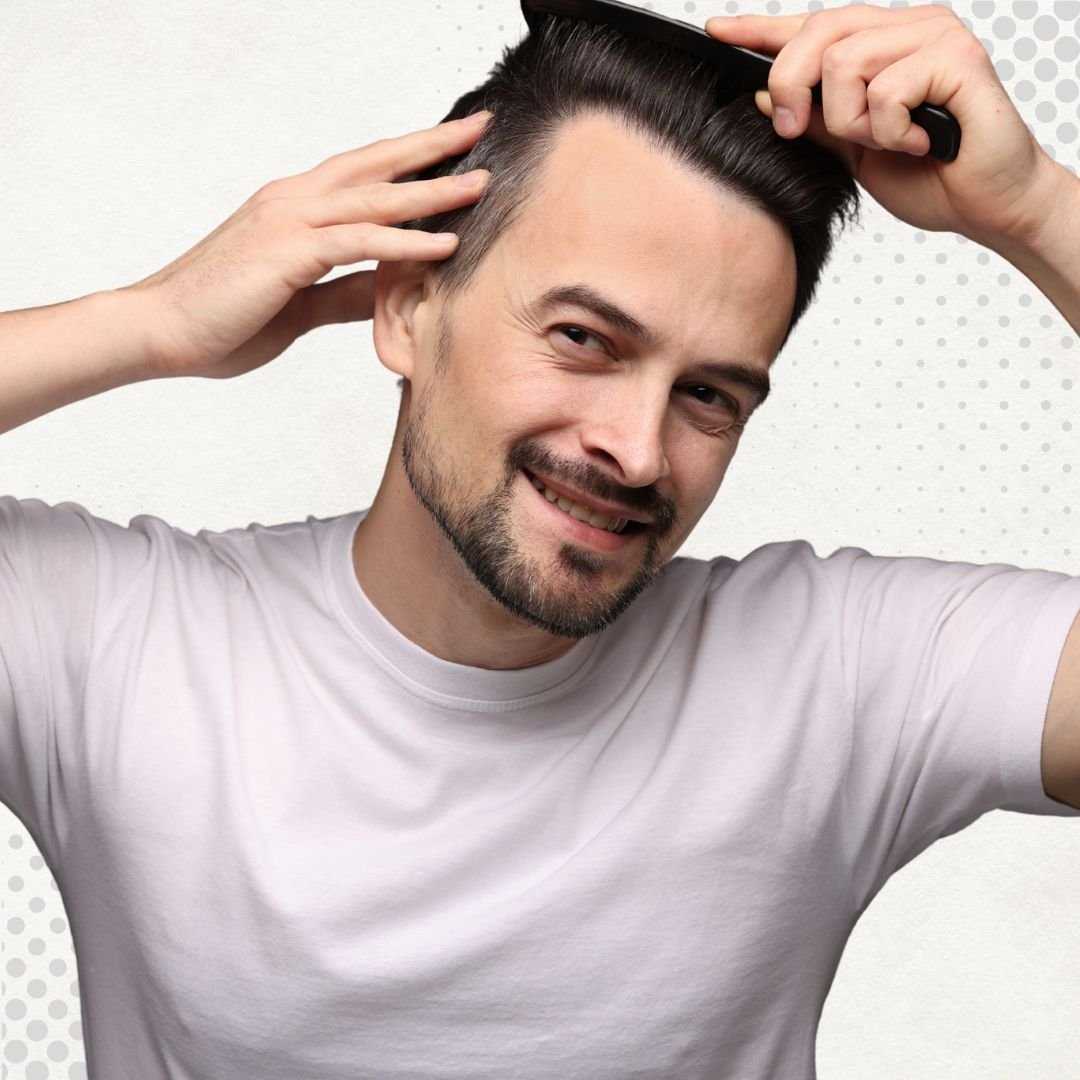


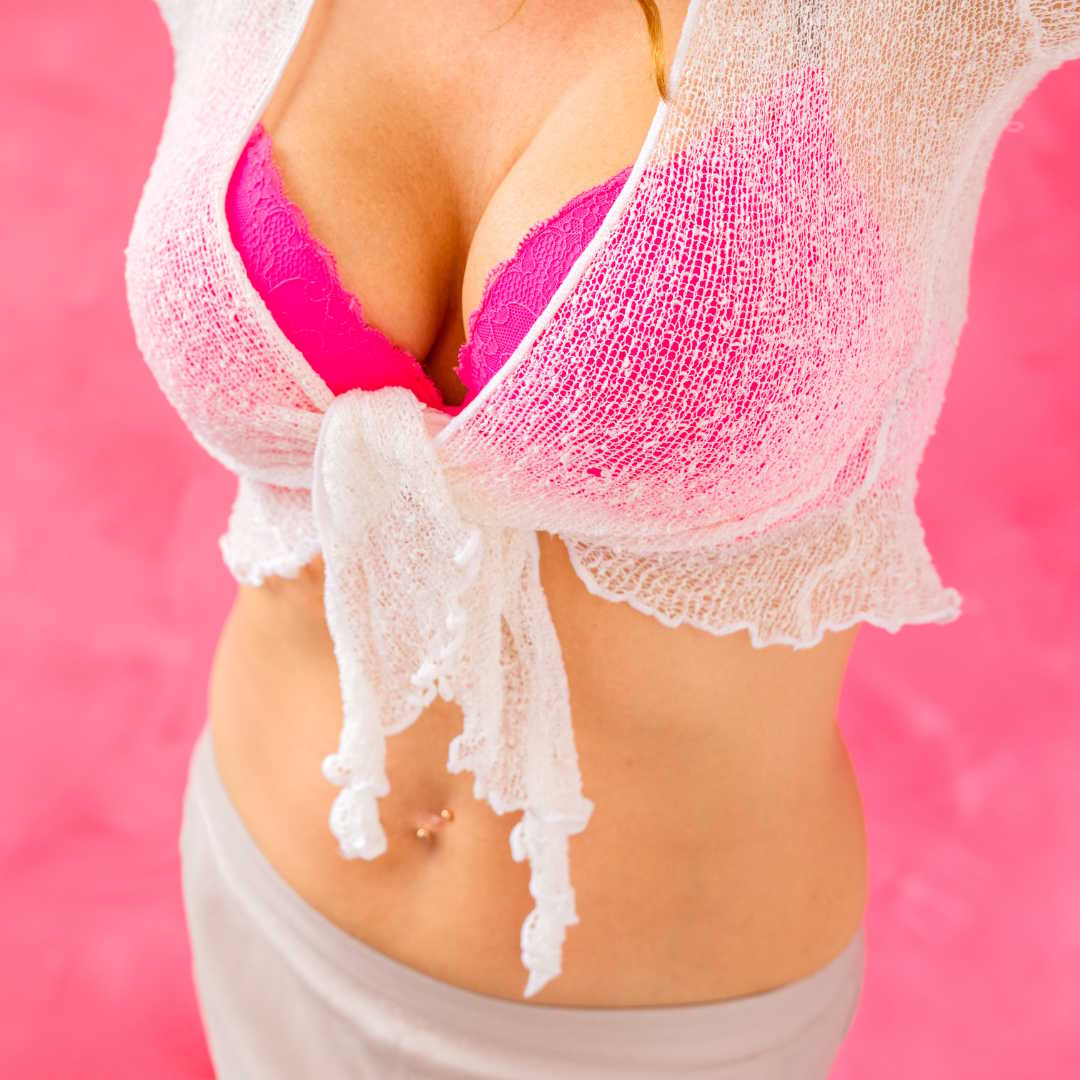
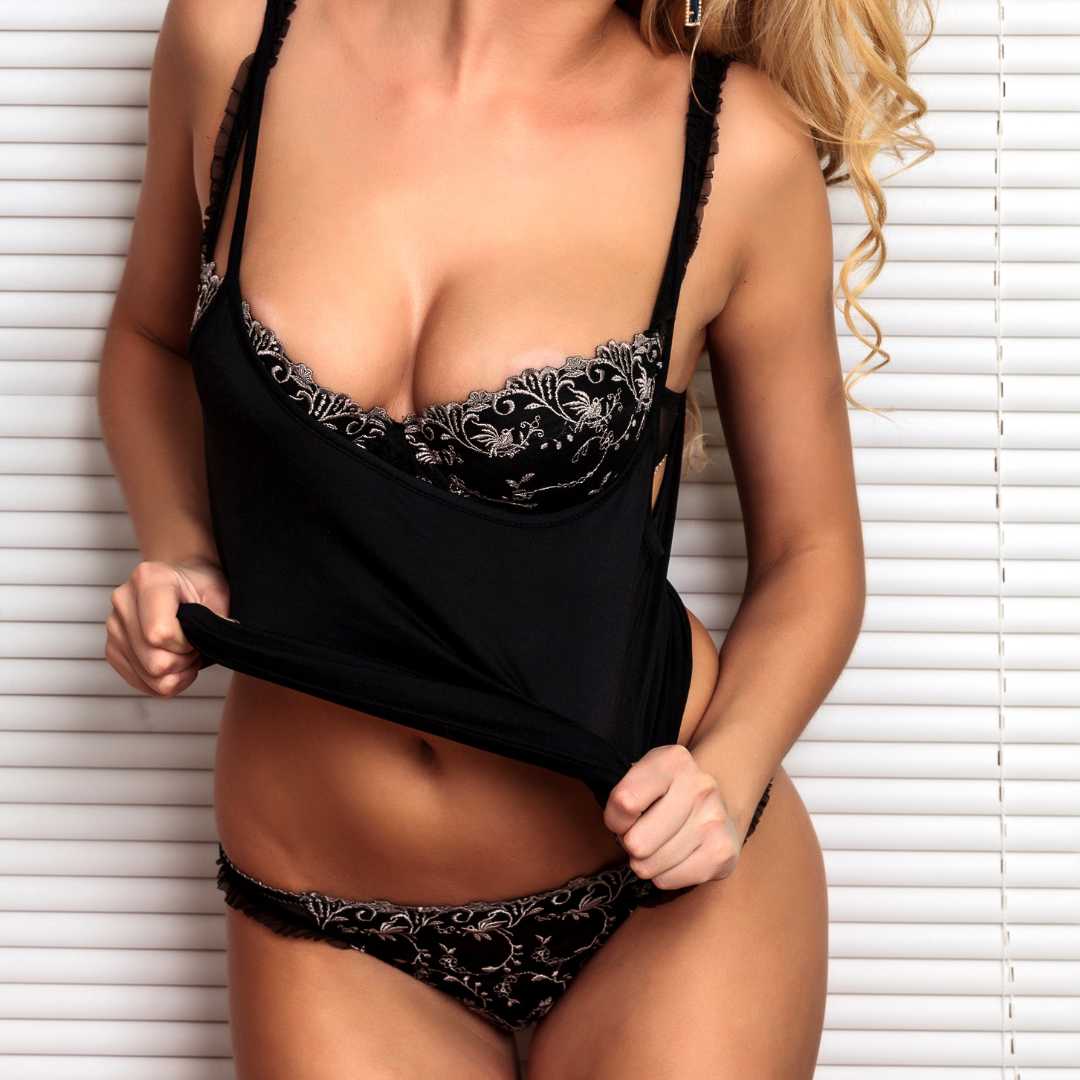
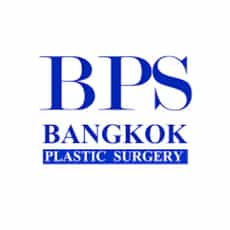
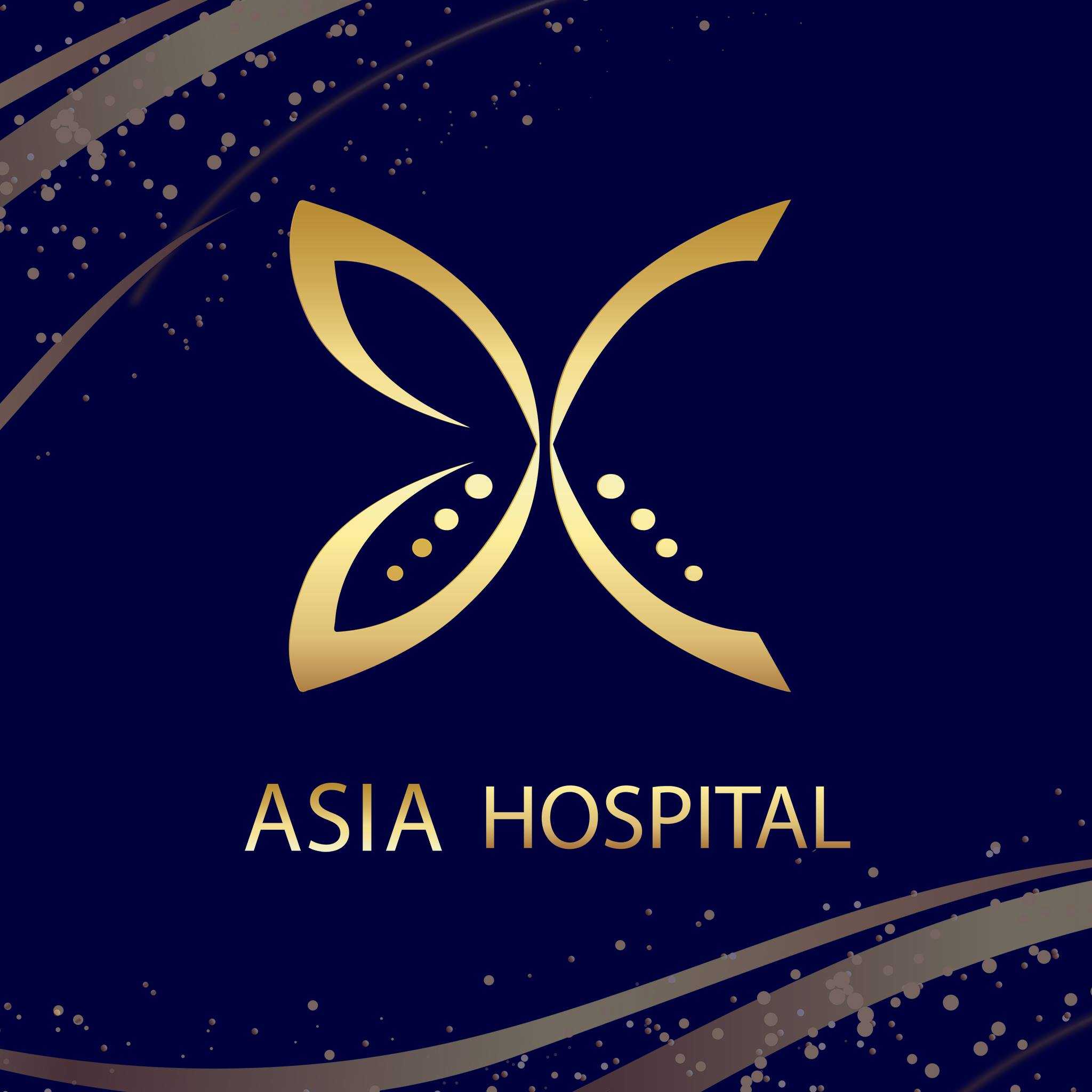

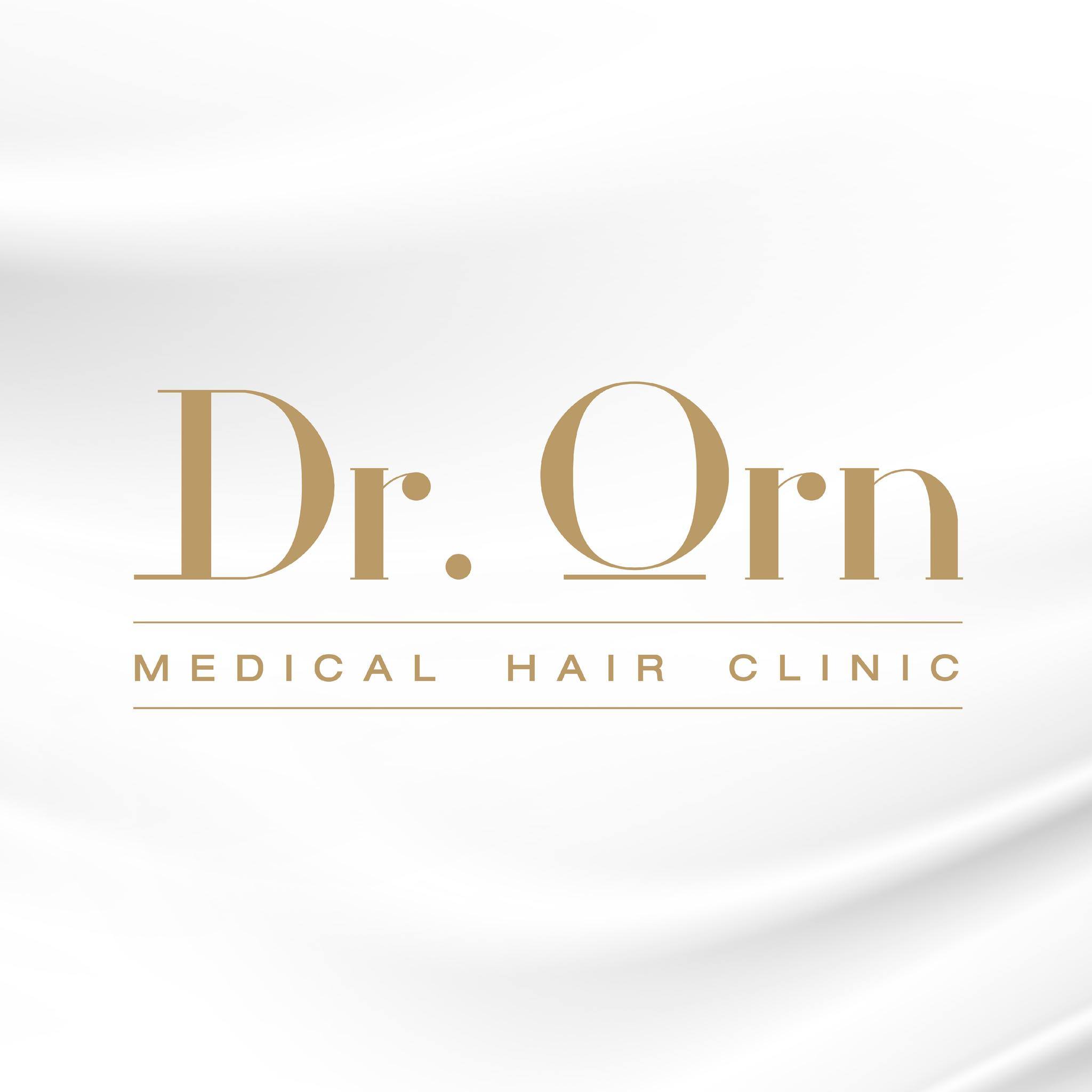
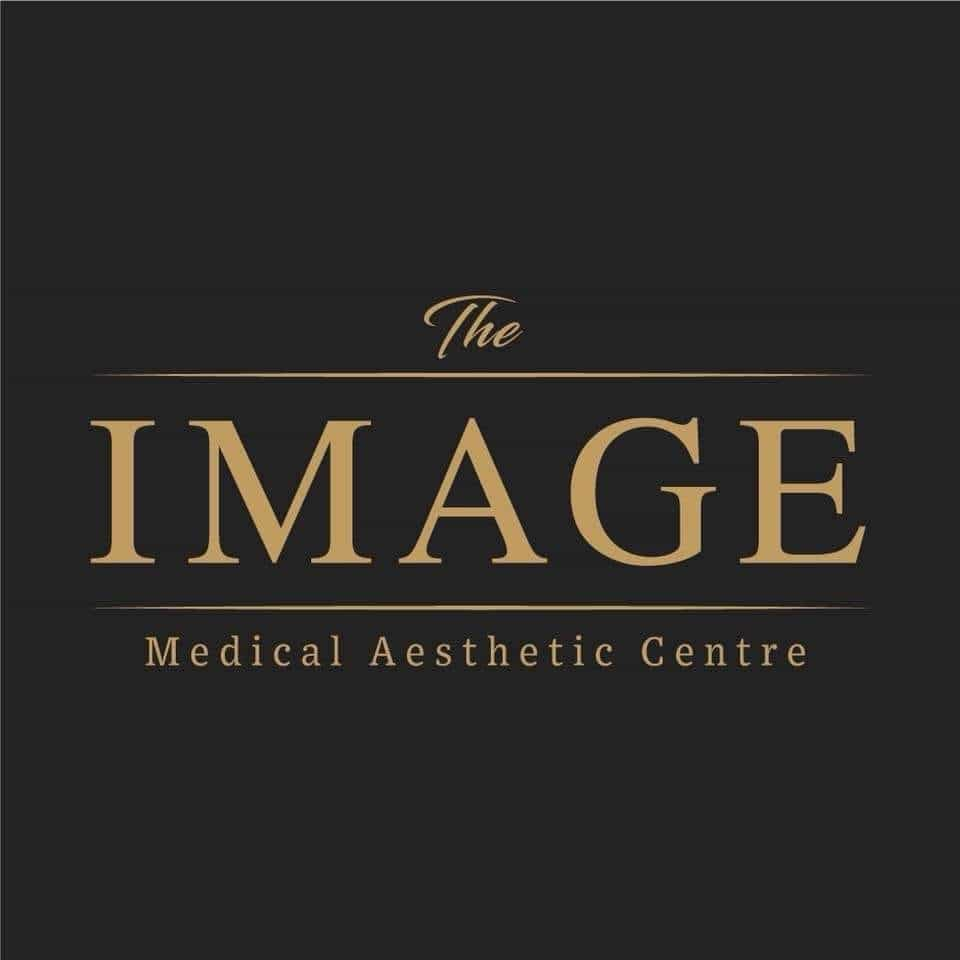

Share this listing